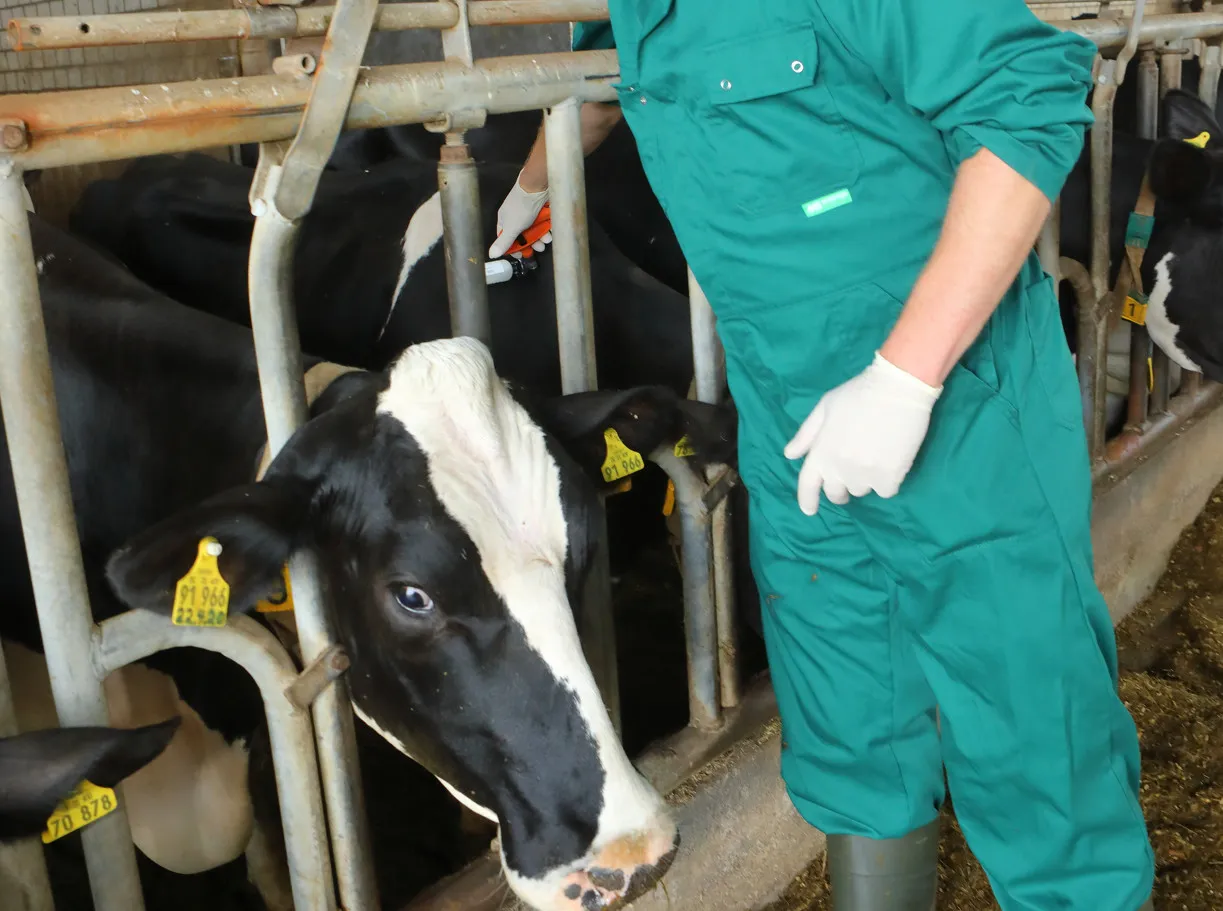Blauzungenkrankheit: The Critical Need for BTV-3 Vaccination

Blauzungenkrankheit Outbreak Details
The recent outbreak of BTV-3, which began in September 2023, has spread from the Netherlands to regions in Nordrhein-Westfalen, Niedersachsen, Bremen, and Rheinland-Pfalz. As reported by the Standing Vaccination Commission for Veterinary Medicine (StIKo Vet), this outbreak has led to substantial animal suffering among susceptible ruminants and severe economic damage. Vaccination against BTV is currently the only defense available to protect animals from a severe course of the disease.
Vaccination Recommendations
With the Second Ordinance on Specific Vaccines for Protection Against Blauzungenkrankheit (BTV-3 Vaccination Ordinance), the use of three inactivated vaccines containing a BTV-3 component is authorized for the protection of vulnerable animals. StIKo Vet strongly advises the immediate vaccination of at-risk ruminants using one of the approved BTV-3 vaccines. This recommendation applies not only to herds directly affected by the outbreak but also to those in close proximity with confirmed cases.
Future Implications
The mosquito population is expected to peak in September, increasing the risk of further spread. It is anticipated that the infection wave will reach unaffected regions by the end of October 2024. There remains a significant risk of the introduction of other BTV serotypes into Germany, evidenced by the active BTV-8 situation currently in France, which has recently impacted a farm in Switzerland. Therefore, maintaining a vaccination buffer against BTV-8 is strongly encouraged in southwestern Germany.
This article was prepared using information from open sources in accordance with the principles of Ethical Policy. The editorial team is not responsible for absolute accuracy, as it relies on data from the sources referenced.